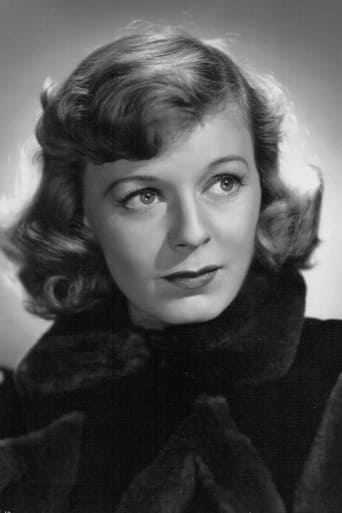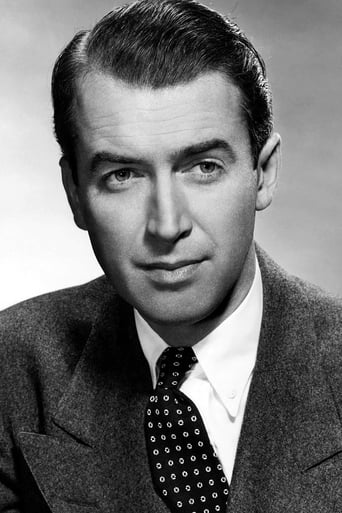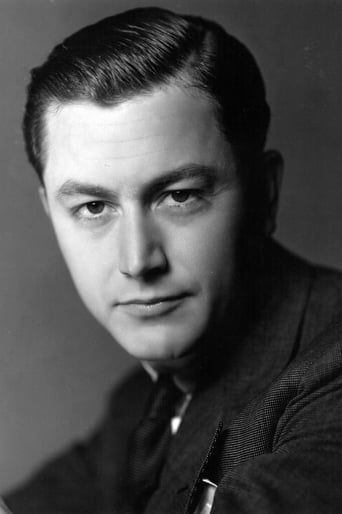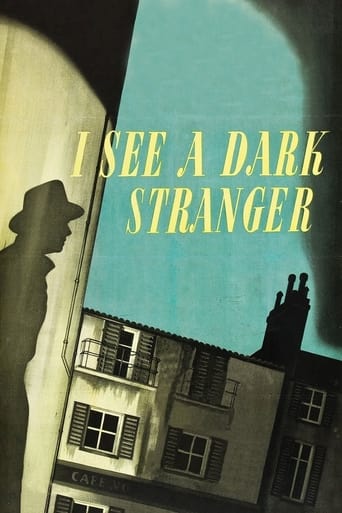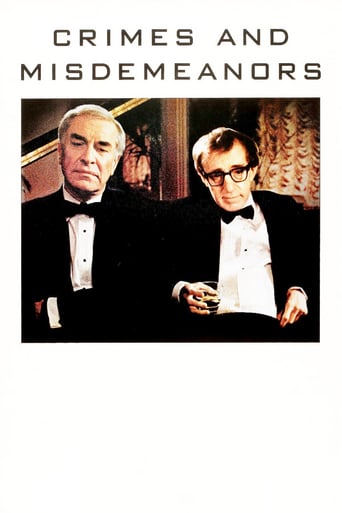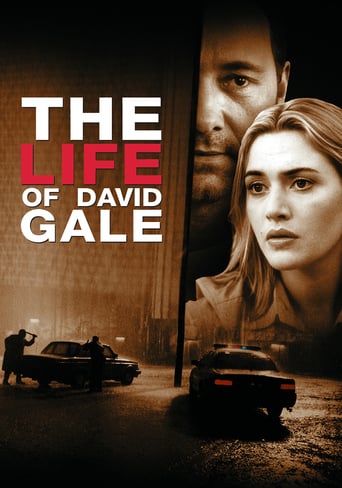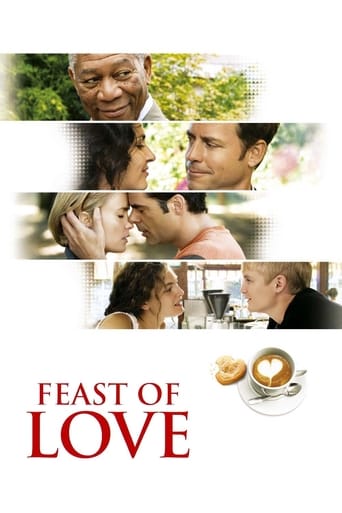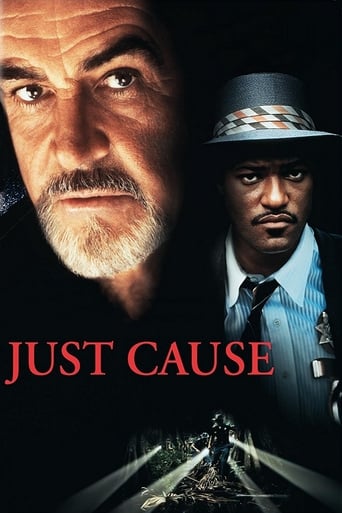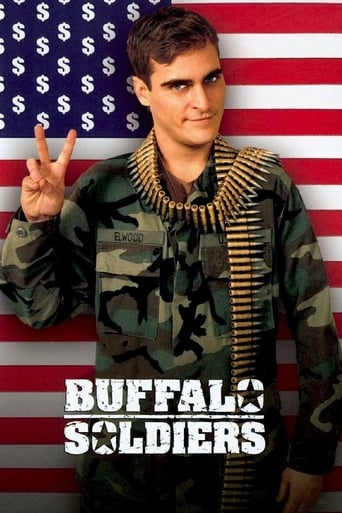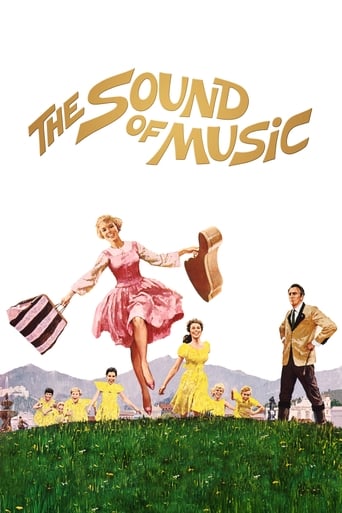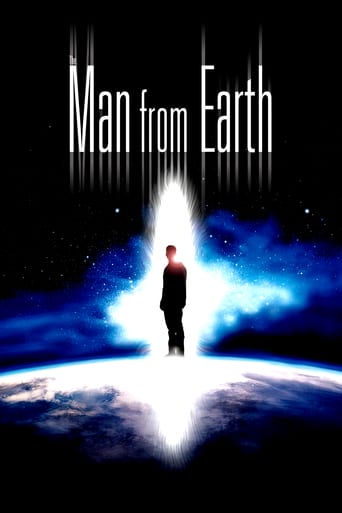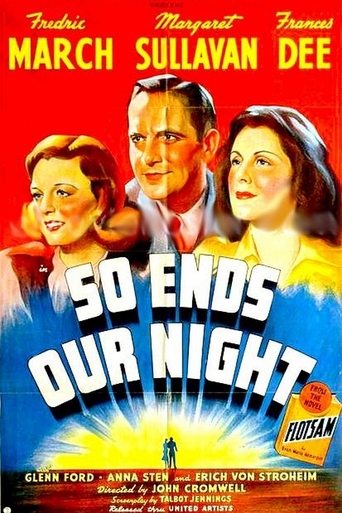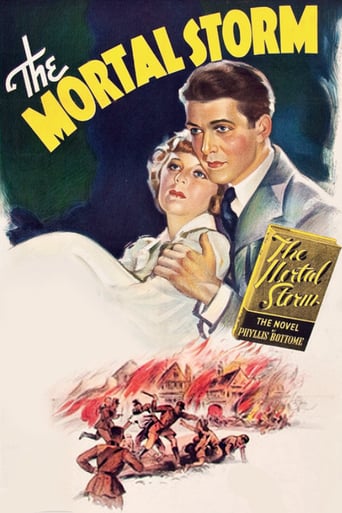
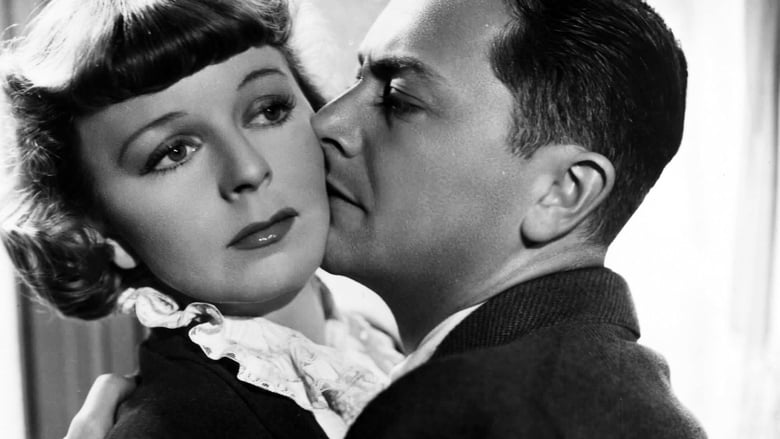
The Mortal Storm (1940)
The Roth family leads a quiet life in a small village in the German Alps during the early 1930s. When the Nazis come to power, the family is divided and Martin Brietner, a family friend is caught up in the turmoil.
Watch Trailer
Cast


Similar titles
Reviews
I love this movie so much
Better Late Then Never
When a movie has you begging for it to end not even half way through it's pure crap. We've all seen this movie and this characters millions of times, nothing new in it. Don't waste your time.
Each character in this movie — down to the smallest one — is an individual rather than a type, prone to spontaneous changes of mood and sometimes amusing outbursts of pettiness or ill humor.
" . . . the politics of the hour," MGM's Wizard of Oz (Frank Morgan) lectures America about 40 minutes into THE MORTAL STORM. This uncannily prescient 1940 flick actually pictures German college students burning Albert Einstein's plans for the atomic bomb because their corporal-in-chief has called "E = MC squared" fake news during one of his Make Germany Great Again rallies. This, of course, sealed the Third Reich Dittoheads' doom, as they turned up their "Aryan" noses on the Weapon that Won the War. Consequently, more than half of all male Germans older than age 11 were rubbed out, mostly by U.S. bombs (many of which were dropped by Real Life U.S. Army Air Force Brig. Gen. James Stewart, who plays "Martin" in this picture). As a consequence, ALL the Germans shown in THE MORTAL STORM are speaking American (since the victors get the spoils, while losers get the victors' language). Now that America is stubbornly marching in THE MORTAL STORM's goose-stepping boot prints, the only remaining question is WHICH language will we be forced to learn a few years down the road: Russian, Chinese, or Korean?
I try to avoid calling movies underrated or saying "Why is this not more well known?!", otherwise I would sound like the most malfunctioning record but as to why The Mortal Storm is not more famous goes beyond just my own personal preferences. The fact that Hollywood's then biggest studio Metro Goldwyn Mayer would release an anti-Nazi film at a time when the US and Germany where not involved in conflict; a movie which would then entice a country who were involved in a conflict of which the US had a neutral stance towards. To give some historical context, although it seems hard to believe nowadays, fascist and other Nazi like ideas where widespread throughout the United States during the 20's and 30's (heck, just look at the film Gabriel Over the White House from 1933, also released by MGM, or the public initial backlash against films with anti-fascist sentiments such as Sergeant York or To Be Or Nor To Be). Prior to the US involvement in the war, there was even uncertainty as to whether or not the US should take part in the conflict in Europe. This movie being overlooked is criminal. It deserves the special edition DVD treatment with documentaries behind its production. I'm sure there must be an interesting story behind the making of this film. MGM have generally been seen as a studio who played it safe, thanks in part to its conservative studio head Louis B. Mayer. So it comes as a surprise The Mortal Storm would come from this studio and they paid the price. The Mortal Storm lead to MGM films being banned in Germany. The word Nazi is never used once throughout the film, while the characters I can only assume are Jews are referred to as Non- Aryan. I wonder if this was done to prevent further controversy surrounding the film but it's still an incredibly brave picture.The core story is about of Nazism affected common families and their friends. The Roths (Jewish I assume) are a happy picture postcard family one day, the next there are completely torn apart. The professor of the town's local university is treated with the highest of respect one day, the next his students are boycotting his class after he states that science has shown there is no difference between the blood of various races. The Mortal Storm is a work of propaganda, not that there's anything wrong with that. Propaganda is an art form in itself, one which tries to get an emotional reaction out of the viewer in order to convert them to one side. The Mortal Storm achieves just that. The tension during the film just builds and builds, ending in an ending which is one huge punch to the gut. Watching the film again in order to write this review I surprised just how engaging it was on a further viewing. There are many little touches I never noticed previously, such as when Robert Young's character announces his engagement to Margaret Sullavan, James Stewart is the only character the room who does react with joy. Majority of the film is shot on sets with the use of painted backgrounds and miniatures, yet the whole thing still looks fantastic, and looks more idyllic than real world locations could.You really get a sense for this small town in the alps. The only complaint if any I can find with the film is the opening narration at the beginning which is overly bombastic.The casting of the previously paired Shop Around the Corner stars couldn't be more perfect. James Stewart and Margaret Sullavan play two friends who are forced to become lovers due to the impending circumstances. I can't recall any other movies which portray a love story like this. Sullavan often portrayed characters who represented bravery; her voice is so fragile yet powerful at the same time. The cast isn't the only tie the film shares with The Shop Around the Corner; both films represent a European society which was on the brink of destruction.
Just imagine what it must have been like to sit in a theater and watch this movie when it came out on June 14, 1940! The bombing of Pearl Harbor was a long way off, and most of us wouldn't even have known where it was. But we would know that there was a war raging in Europe, Asia and elsewhere. Besides radio and newspapers, we got our news then from movie theater newsreels. And we likely would have just seen a newsreel of Germany's invasion of France on June 5 and launch of its North Africa campaign on June 10. "How much longer would it be before the U.S. is drawn into this war?" we might wonder. It seemed to be spreading fast now. In April and May, Germany had invaded Norway, Holland and Belgium. More and more, pacifists began to realize that the U.S. and other peaceful and neutral counties would not be able to escape this war. Germany had annexed Austria and Czechoslovakia in 1938, and invaded Poland on Sept. 1, 1939. England and France could no longer ignore Adolph Hitler's intentions by then, so they declared war on Germany. On the other side of the world, Japan was spreading its conquests in Asia since invading China in 1937.So, that was the world war picture when "The Mortal Storm" hit theaters. The film was based on a 1938 novel by Phyllis Bottome (1884-1963). She was an English author and teacher who studied psychology and languages. In 1917, she married Alban Dennis, a British diplomat and intelligence officer. They worked and lived in Austria, Germany and England, including a time when they owned a language school in Austria. Bottome surely knew a lot about Europe, World War I and the rise of Adolph Hitler and Nazi Germany. She shows that in her novel that was made into this 1940 movie. The story takes place in 1933 in a small college town in Bavaria, close to the Austrian border. It's the 60th birthday of Professor Roth, played by Frank Morgan. He is a highly respected man of science who teaches chemistry. Students and faculty members surprise him with recognition at the college that day. That evening, the family and two young men friends of the family celebrate with a birthday dinner at the professor's home. The radio is on in the background and the announcer reports that Adolf Hitler has just been appointed chancellor of Germany. That makes the date January 30, 1933.The two oldest stepsons and a family friend played by Robert Young are ecstatic about the news. They head off to celebrate with fellow brown shirts. The professor, his daughter Freya, played by Margaret Sullavan, and friend Martin Breitner, played by James Stewart, are not happy about the news report. The mother and the youngest son don't react to the report, but want the birthday party to continue.Others have noted some subtle treatments in the film. It doesn't use the word, "Nazi," and only names Germany once. That may have been necessary to get the film produced, but everyone knew who the references were to.Before long, the professor is shunned by fellow faculty and students for his anti-Nazi attitude and for teaching the facts of science. He is arrested and put in a concentration camp. This would have been Dachau – just 10 miles northwest of Munich. It was the first Nazi concentration camp for political prisoners and opened in March, 1933. The rest of the film shows how the family and friends are split apart over Nazism. "The Mortal Storm" may be the best historical, prophetic and insightful film ever made about World War II. The movie is excellent itself in its plot, the script, acting and directing. But there is much more to this film than people have commented on so far. It is a warning to the world about evils such as Nazism and how they destroy all that is good – families, homes, communities, love, trust and decency.The scene that shows students burning the college library books that don't agree with Nazism was a perfect picture of how such evil can poison a population – and build fervor especially among people who are ignorant and don't know or see the dangers. That's why it is so important for those who have strong beliefs, reasons and knowledge to stand up and speak to the masses of society – to defend freedom and explain the threats posed to it.The film seems to be a valid warning to people of all times that such evil is able to arise only through the apathy of people. The irony in "The Mortal Storm," is that the one who should know that best, and who was in a position to be heard and to make a difference, became the first to be persecuted because of his apathy. That was the professor himself. Remember from the family gathering and the different views among the young people about Nazism? The professor says that everyone should respect the others for their views. But he never challenges the loud views expressed by the pro-Nazi members of the family. There's an old saying, attributed to various sources, that if we don't learn from history, we are doomed to repeat it. Another saying, attributed to Edmund Burke, says, "All it takes for evil to flourish is for good men to do nothing." Perhaps that's the message the author and film makers wanted to get across in "The Mortal Storm." Can we not see some of these same threats today, in government and public attacks on such basic freedoms and rights as speech, religion and life? Unless we learn from history, we may certainly have to live – and die – in another "Mortal Storm."
This very political look at Pre-World War 2 Europe is a solid multi-faceted drama about a family being torn apart by the Nazis. While the film does not mention Germany by name, it has plenty of swastika's and does feature a ski escape sequence to Austria. Jimmy Stewart leads a fine cast with a great role by Frank Morgan as the ailing father of the family and Margaret O'Brien. Robert Young plays a Nazi officer who is a big departure from Father Knows Best which came much later. Young is convincing in his role.The most powerful and disturbing line to me is when the son quotes what he is being taught in school. The line goes like "We must all sacrifice our personal lives and beliefs in order to further the cause of our government." While I might not have the quote exactly right, the idea behind it is that we are supposed to follow our government like some bunch of blind and mindless robots. This idea reminds me very much of some issues in our government and society today.The reason this is not the perfect movie is it does suffer from the time the movie was made. The ski escape sequence particularly suffers from the crude technology of the times. It is hard to imagine all those actors out in the cold mountains skiing without being dressed warmly. This stuff is very obviously staged in a studio and crudely done.That does not take away from a well written script, a terrific cast and a timeless drama.


